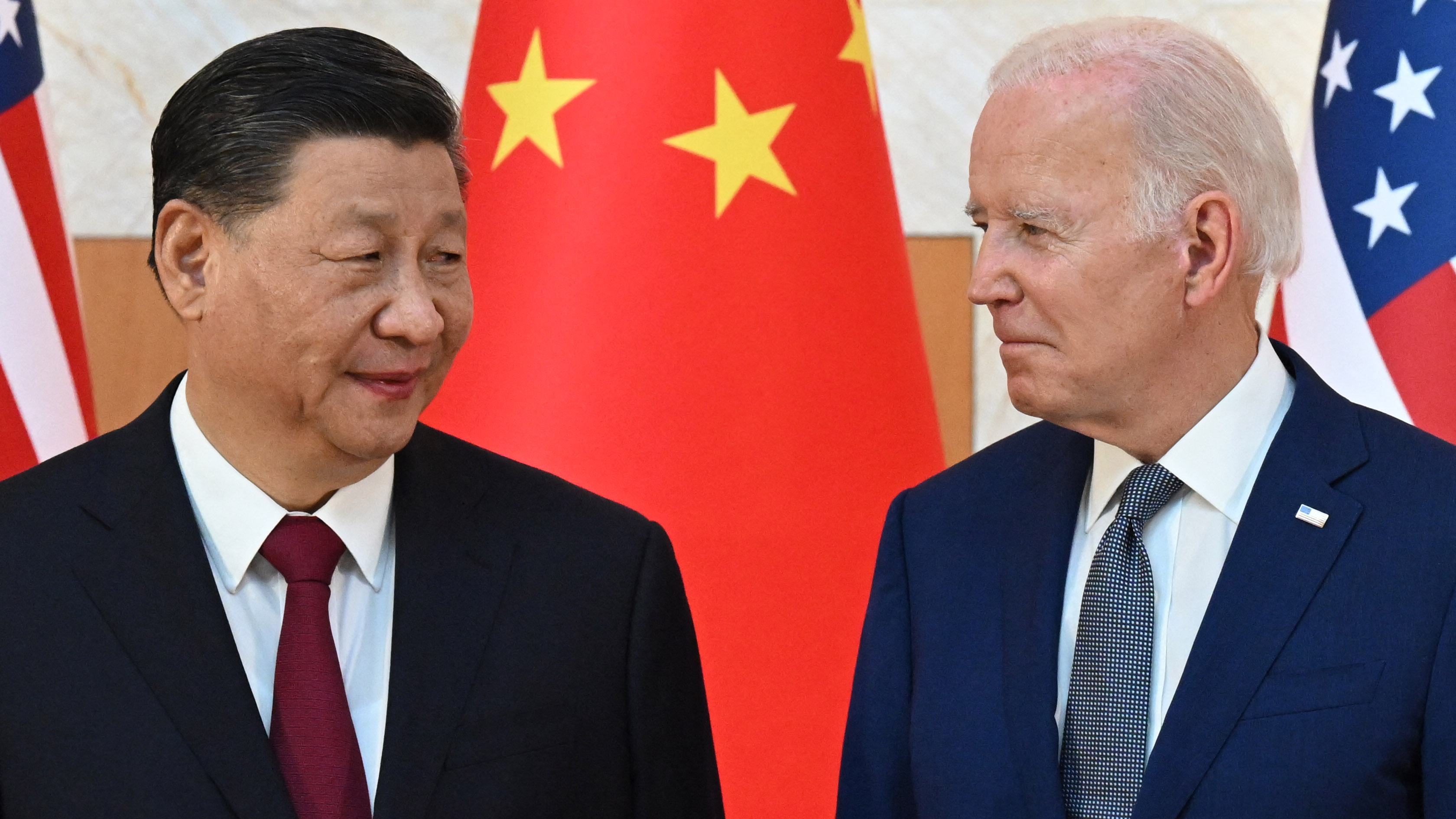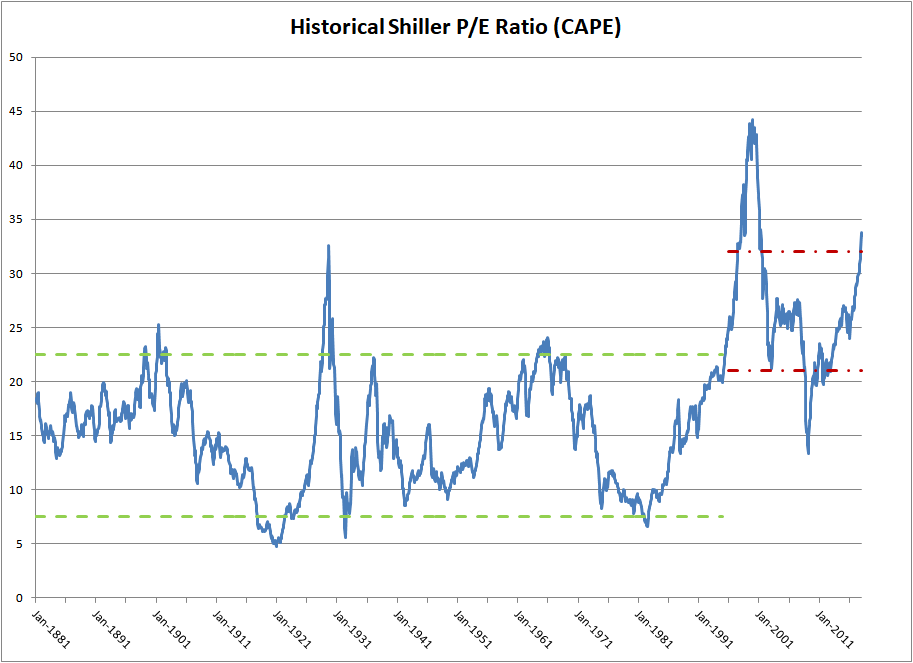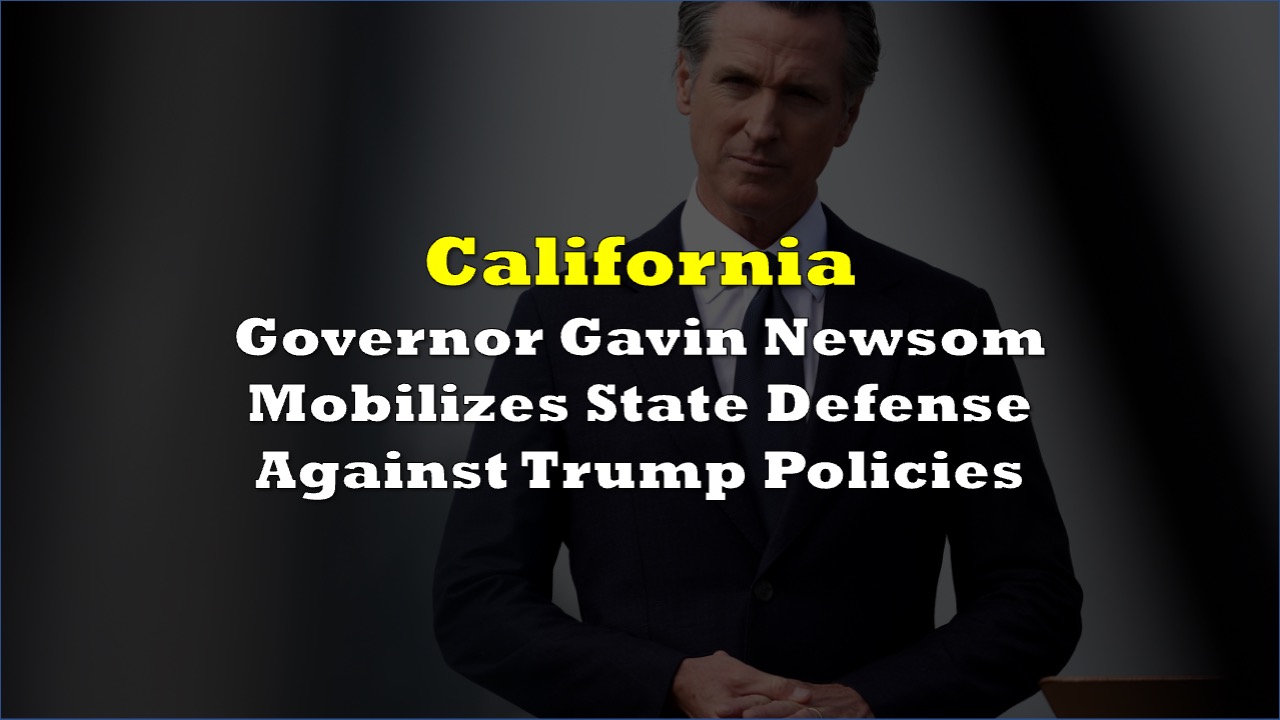US-China Tensions: Understanding The Growing Risk Of A New Cold War

Table of Contents
Economic Competition and Trade Wars
The economic rivalry between the US and China is a defining feature of their strained relationship. The trade war initiated in 2018, marked by the imposition of tariffs and trade restrictions on billions of dollars worth of goods, significantly impacted both economies.
The Trade War's Impact
The trade war's consequences were far-reaching.
- Decreased bilateral trade: The imposition of tariffs led to a significant drop in bilateral trade between the two nations, disrupting established supply chains and impacting businesses on both sides.
- Supply chain disruption: Companies faced increased costs and delays, forcing them to reassess their global supply chains and seek alternative sources of goods and services. This disruption rippled through various sectors, causing uncertainty and instability.
- Effects on specific industries: Industries heavily reliant on trade between the US and China, such as agriculture (soybeans) and technology (semiconductors), suffered disproportionately. Farmers faced reduced exports, while tech companies struggled with disrupted supply chains and increased costs.
Keywords: trade war, tariffs, economic sanctions, supply chain disruption, US-China trade relations, trade deficit, economic warfare
Technological Rivalry
Beyond trade, the competition extends to a fierce technological race. The US and China are locked in a battle for dominance in crucial sectors like 5G, artificial intelligence (AI), and semiconductors.
- Investment in R&D: Both countries are pouring billions into research and development, vying for breakthroughs and technological supremacy. Government subsidies play a significant role, fueling this intense competition.
- Government subsidies: State-sponsored funding and preferential treatment for domestic companies are common tactics, raising concerns about unfair competition and market distortion.
- Export controls: The US has imposed export controls on advanced technologies, aiming to restrict China's access to critical components and expertise.
- Intellectual property theft concerns: Accusations of intellectual property theft and forced technology transfer continue to fuel mistrust and escalate tensions.
Keywords: technological competition, 5G, AI, semiconductors, intellectual property, technology race, technological espionage, digital sovereignty
Geopolitical Confrontation and Military Buildup
The economic conflict is intertwined with a growing geopolitical confrontation, fueled by military buildup and territorial disputes.
South China Sea Disputes
The South China Sea remains a major flashpoint. China's assertive claims and island-building activities, coupled with US freedom of navigation operations, have significantly increased tensions.
- Naval deployments: Both the US and Chinese navies have increased their presence in the region, leading to near-misses and heightened risks of accidental conflict.
- Island construction: China's construction of artificial islands and military installations in the South China Sea has further inflamed regional tensions and raised concerns about its territorial ambitions.
- Freedom of navigation operations: The US Navy conducts regular freedom of navigation operations, challenging China's claims and asserting the right of unimpeded passage through international waters.
Keywords: South China Sea, territorial disputes, military buildup, naval power, freedom of navigation, maritime security, regional stability
Influence in Emerging Economies
The competition for influence in emerging economies adds another layer of complexity. Both countries are actively engaged in diplomatic and economic initiatives, vying for partnerships and strategic advantage.
- Belt and Road Initiative: China's Belt and Road Initiative, a massive infrastructure project spanning multiple continents, aims to expand its economic and political influence globally.
- Foreign aid: Both the US and China provide foreign aid and development assistance to countries in Africa, Latin America, and other regions, often with strategic considerations in mind.
- Diplomatic initiatives: Both countries engage in extensive diplomatic efforts to forge alliances and secure partnerships, further intensifying their competition for global influence.
Keywords: geopolitical influence, Belt and Road Initiative, foreign policy, emerging markets, diplomatic relations, soft power, strategic partnerships
Ideological Differences and Human Rights Concerns
Underlying the economic and geopolitical tensions are fundamental ideological differences and human rights concerns that exacerbate the conflict.
Divergent Political Systems
The contrasting political systems of the US (a liberal democracy) and China (an authoritarian state) represent a deep ideological divide.
- Democracy vs. authoritarianism: This fundamental difference in governance philosophies creates inherent tensions and mistrust.
- Human rights issues: Differences in approach to human rights, freedom of speech, and religious freedom fuel criticism and strained relations.
- Freedom of speech: China's restrictions on freedom of speech and the internet contrast sharply with the US emphasis on free expression.
- Media control: State control of media in China and the relatively free press in the US contribute to different narratives and perspectives on global issues.
Keywords: political systems, democracy, authoritarianism, human rights, freedom of speech, censorship, press freedom, ideological conflict
Taiwan and Hong Kong
The situations in Taiwan and Hong Kong represent particularly sensitive issues with the potential to spark further escalation.
- One China policy: China's assertion of its "One China" policy, claiming Taiwan as a breakaway province, creates significant tension with the US, which maintains unofficial relations with Taiwan.
- Hong Kong protests: The 2019 anti-government protests in Hong Kong and the subsequent crackdown highlighted the differences in political systems and human rights practices.
- Taiwan independence movement: The ongoing debate surrounding Taiwan's independence adds to the volatility of the situation and increases the risk of military confrontation.
Keywords: Taiwan, Hong Kong, One China policy, political instability, territorial integrity, cross-strait relations, Hong Kong autonomy
Conclusion
The escalating US-China tensions present a multifaceted challenge with profound global implications. The intertwined economic competition, geopolitical maneuvering, and fundamental ideological differences paint a worrying picture, significantly increasing the risk of a new Cold War. Understanding the complexities of this relationship, encompassing economic sanctions, technological rivalry, geopolitical competition, and human rights concerns, is crucial. Staying informed about US-China relations is vital. What steps do you believe are necessary to mitigate the risks of further escalation between these two global superpowers?

Featured Posts
-
 Addressing High Stock Market Valuations Insights From Bof A
Apr 22, 2025
Addressing High Stock Market Valuations Insights From Bof A
Apr 22, 2025 -
 T Mobile Data Breaches 16 Million Penalty For Security Lapses
Apr 22, 2025
T Mobile Data Breaches 16 Million Penalty For Security Lapses
Apr 22, 2025 -
 The Economic Fallout Of Trumps Policies A Deep Dive
Apr 22, 2025
The Economic Fallout Of Trumps Policies A Deep Dive
Apr 22, 2025 -
 Dollar Slides Amidst Trade Tensions Stock Market Analysis And Dow Futures
Apr 22, 2025
Dollar Slides Amidst Trade Tensions Stock Market Analysis And Dow Futures
Apr 22, 2025 -
 Land Your Dream Private Credit Job 5 Dos And Don Ts To Follow
Apr 22, 2025
Land Your Dream Private Credit Job 5 Dos And Don Ts To Follow
Apr 22, 2025
